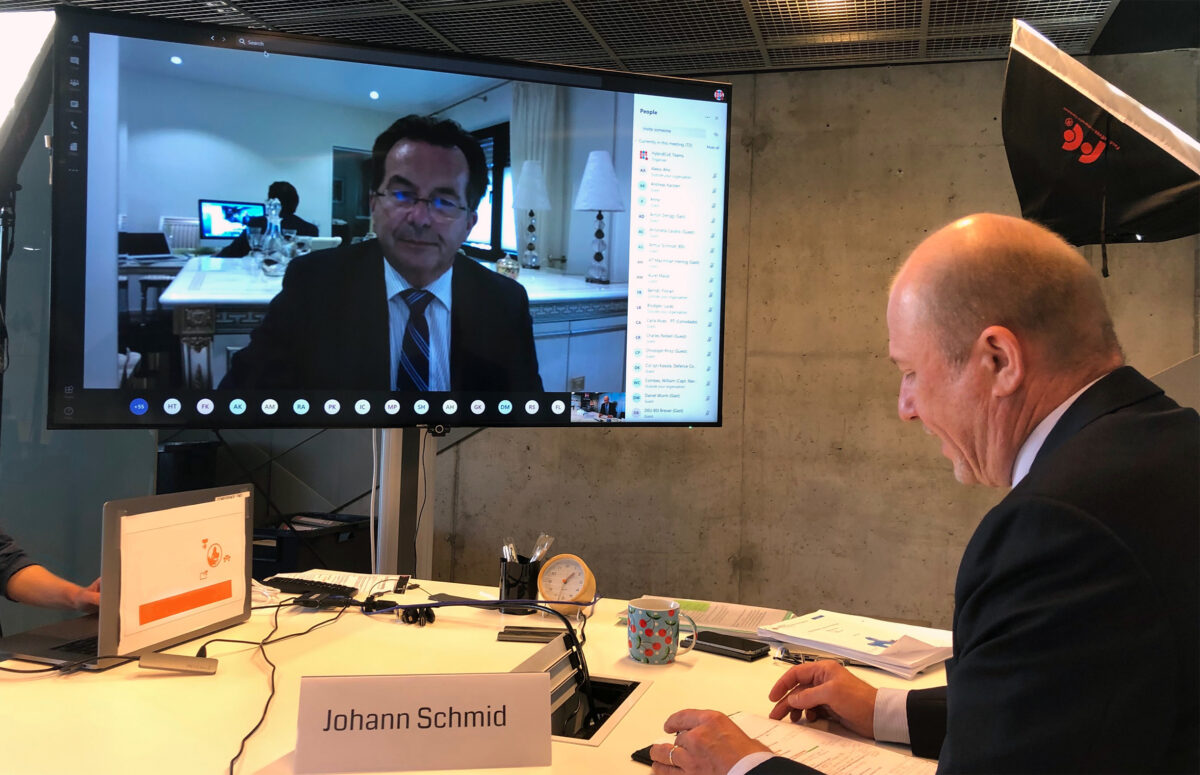On 15 September, Hybrid CoE and its Community of Interest Strategy & Defence, in close cooperation with StratByrd Consulting, introduced selected findings of the Hybrid Warfare: Future and Technologies (HYFUTEC) project to a wide range of attendees from 26 participating states, the EU, NATO, and the private sector. The event started with the politico-strategic context, and focused on key findings of the project report, including deeper dives into technologies that are likely to drive developments in hybrid conflict/warfare in the coming years: artificial intelligence; social media; space; cyber and 5G; including reflections on serious gaming and HYFUTEC as an educational tool.
New technologies have a catalytic effect on hybrid methods and tools. They improve the starting conditions for hybrid action, expand the arsenal of hybrid players and thus help to increase the reach of their activities, as well as their prospects of success. At the same time, new technological developments offer options to better identify, understand, defend against and counter hybrid attacks.
The HYFUTEC project aims at assessing and enhancing understanding of the disruptive potential of new technologies in the context of hybrid warfare/conflict. The project has identified 19 technologies as being particularly relevant for the evolution of hybrid challenges, conflict and warfare. Its findings point to hybrid actors that have exploited the current conceptual and resulting capability gaps of the West. Several of these actors are making skilful use of inexpensive, commercially available technologies to further their own ambitions and power objectives. This development opens the floodgates to coercion and blackmailing by malicious actors, thus putting NATO and EU cohesion and solidarity at risk.
Driven by the catalytic effect of new technologies, hybrid warfare can be expected to become a long-term strategic challenge. In order to prevent, deter and – if necessary – outmanoeuvre hybrid opponents, it is therefore important for political, civilian and military leaders and decision-makers, as well as for industry and academia, to develop a common and comprehensive understanding of the implications of new technologies in a hybrid warfare/conflict context.
Please find the event teaser HERE.



